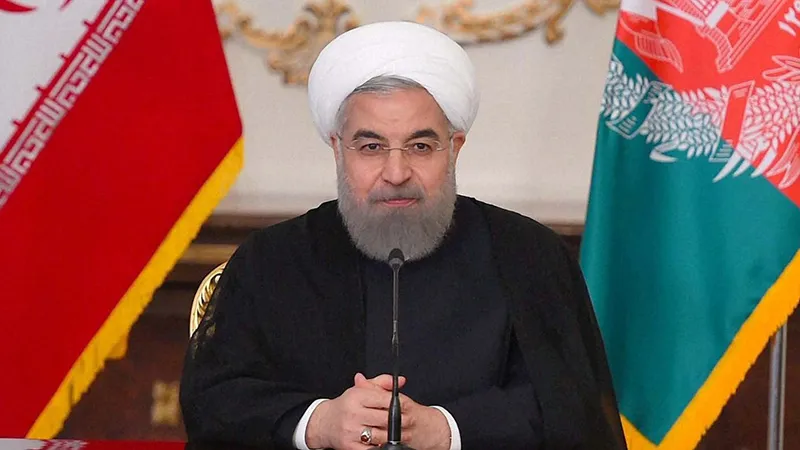The US notion to bring a change in the Iranian political set-up via the Iran-US nuclear deal is presumptuous. The lifting of sanctions may have the support of President Hassan Rouhani, but imposing sanctions on the Islamic Revolutionary Guard Corps (IRGC) will not make things easy for US.
The IRGC works as a protector of the Islamic revolution and Shia Islam, under the command of the Supreme leader. One of the prime beneficiaries of the IRGC has been Lebanon’s Shia Islamist group, Hezbollah. More recently, IRGC has also been assisting Bashar al-Assad in Syria in the fight against the Islamic State of Iraq and Syria (ISIS).
According to a report by the United States Department of Treasury, the IRGC has been identified in sponsoring and carrying out various terrorist activities. This statement was backed by introducing the IRGC Sanctions Act in the US Congress on November 30, 2015. The bill highlights the activities of the IRGC favouring Shia militia groups in the international arena since the Islamic Revolution in 1979.
The IRGC has not been designated as a terrorist organisation by the Obama administration, but its involvement in promoting terror groups has been noted. The IRGC Sanctions Act has been implemented to ban the US firms or individuals from entering into business agreements with the IRGC or any of its subsidiaries along with several other clauses.
Post the conclusion of the IRGC Sanctions Act, the IRGC carried out the testing of Iran’s ballistic missile programme earlier in March this year. The United States responded by imposing sanctions on the Al-Ghadir Missile Command of the Guards. US also blacklisted Iran’s second largest airline, Mahan Air, which allegedly has had close ties with the IRGC. However, the Supreme leader Ayatollah Ali Khamenei, reacted by blaming the US for hindering Iran from achieving its objectives.
The IRGC controls the majority of the economic activities in Iran. During the period of sanctions on Iran, the IRGC gained control over the country’s trade and economic engagements. The decision to isolate it from the JCPOA might come as a major financial blow. The legal chief officer of HSBC, Stuart Levey remarked that the EU and the US shall resume financial activities with Iran, but the sanctions on the IRGC won’t be lifted due to its wide presence in illicit international activities.
The economic isolation is causing the least trouble to the IRGC. Being a military organisation, it has responded with activities and statements that make it clear that it is independent of the money that enters the Iranian economy. The Guards have dominated the drug market that exists in Iran. As per the report by IMF, the Iranian black market stands at a value of $140 billion. The IRGC has a widespread and a strong network and it has shown no signs of being affected by the economic vacuum that the US trying to create.
The IRGC has been critical of the nuclear deal signed between the Iranian President Hassan Rouhani and the United States, along with five other countries. The IRGC head, Mohammad Ali Jafari rejected any controlled nuclear engagement hence keeping the fear intact in Iran’s enemies. The Navy Commander, Rear Adm. Ali Fadavi, also stated that the enemies of Iran are not yet aware of the potential powers of the Islamic Republic.
The removal or addition of sanctions does not carry the potential to change the rhetoric of the IRGC. Due to the economic control and the extensive presence in the region, the IRGC has a strong foothold to sustain itself.
This commentary originally appeared in DNA.
The views expressed above belong to the author(s). ORF research and analyses now available on Telegram! Click here to access our curated content — blogs, longforms and interviews.




 PREV
PREV


